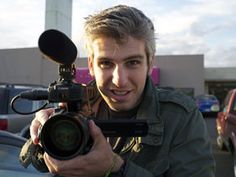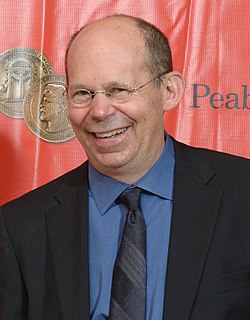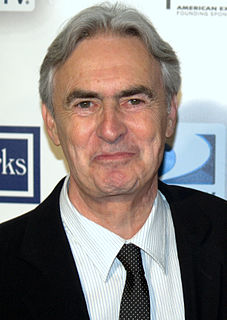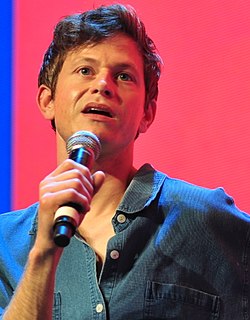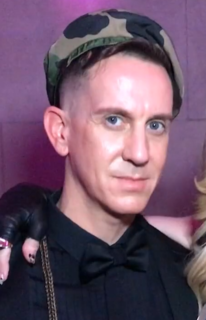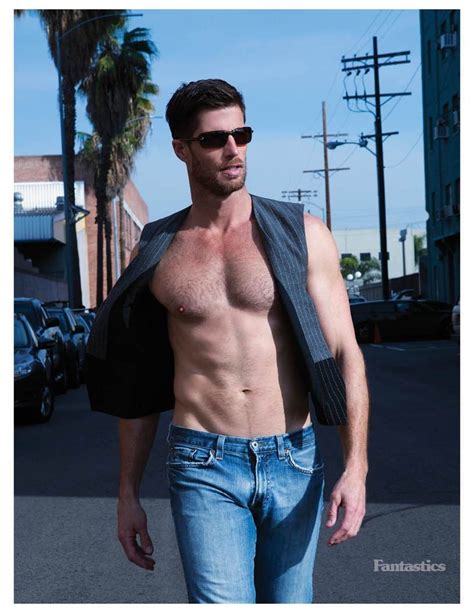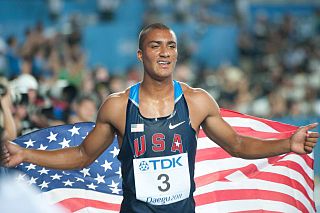A Quote by Jimmy O. Yang
The great thing about the comedy world is that everybody is somewhat of an outsider. That's the community where outsiders feel like they're insiders.
Related Quotes
One thing you learn about doing nonfiction is that you've got to get it right, fact-check, do your research. You've got to not only get the facts right but represent the subject to the world in a way that insiders feel like it's an access port and outsiders can access it. If you're too insider, you block access to anyone else.
I tend to write about people. I look at things from the bottom up and from the perspective of outsiders. A part of me just identifies with them. It's my messed up internal nature that I always feel like an outsider. It's just my nature. At film festivals, I was an outsider for sure, but I always felt like one as well. I have that feeling at parties, too. I don't belong there.
I just feel like there's something to be said about feeling comfortable with what you have and don't have. And - for instance, I don't think I'm particularly a great singer, but I feel like I write songs that complement my voice, you know, and I feel like it's unique. And I don't feel like I'm particularly a great actor, for instance, but I feel like I approach each thing that I do with some level of sensitivity. And I would say that comedy in general is the most disarming.
I was very fortunate. I had a great group of friends in my life, and family, and so I felt a sense of safety and belonging that ... as you grow older, you realize that not everybody does feel that. And there's particular certain groups of kids who always feel like outsiders. But I was very fortunate.
The only thing I knew in the world as a little kid was comedy. And no other kids in my school cared about it at all. There was no one to talk about it with. You know, we're in a geek culture now where comedy is so giant. I'm one of the people that, you know, works on Funny or Die. And there is just a giant culture of comedy nerds. But back then, I was alone, and I had a little confidence about it because I felt like, this is my thing, this is the only thing that only I know about.


